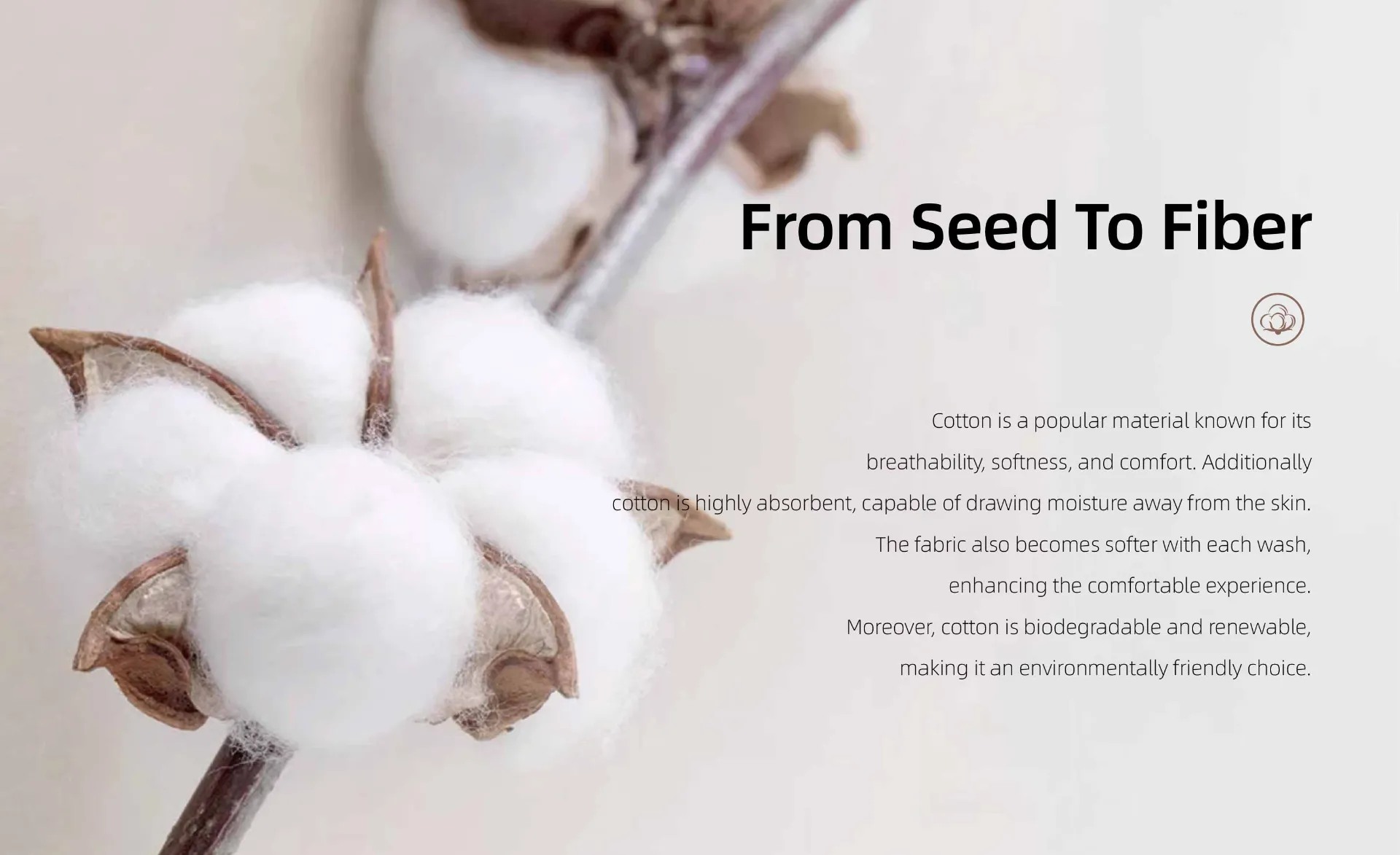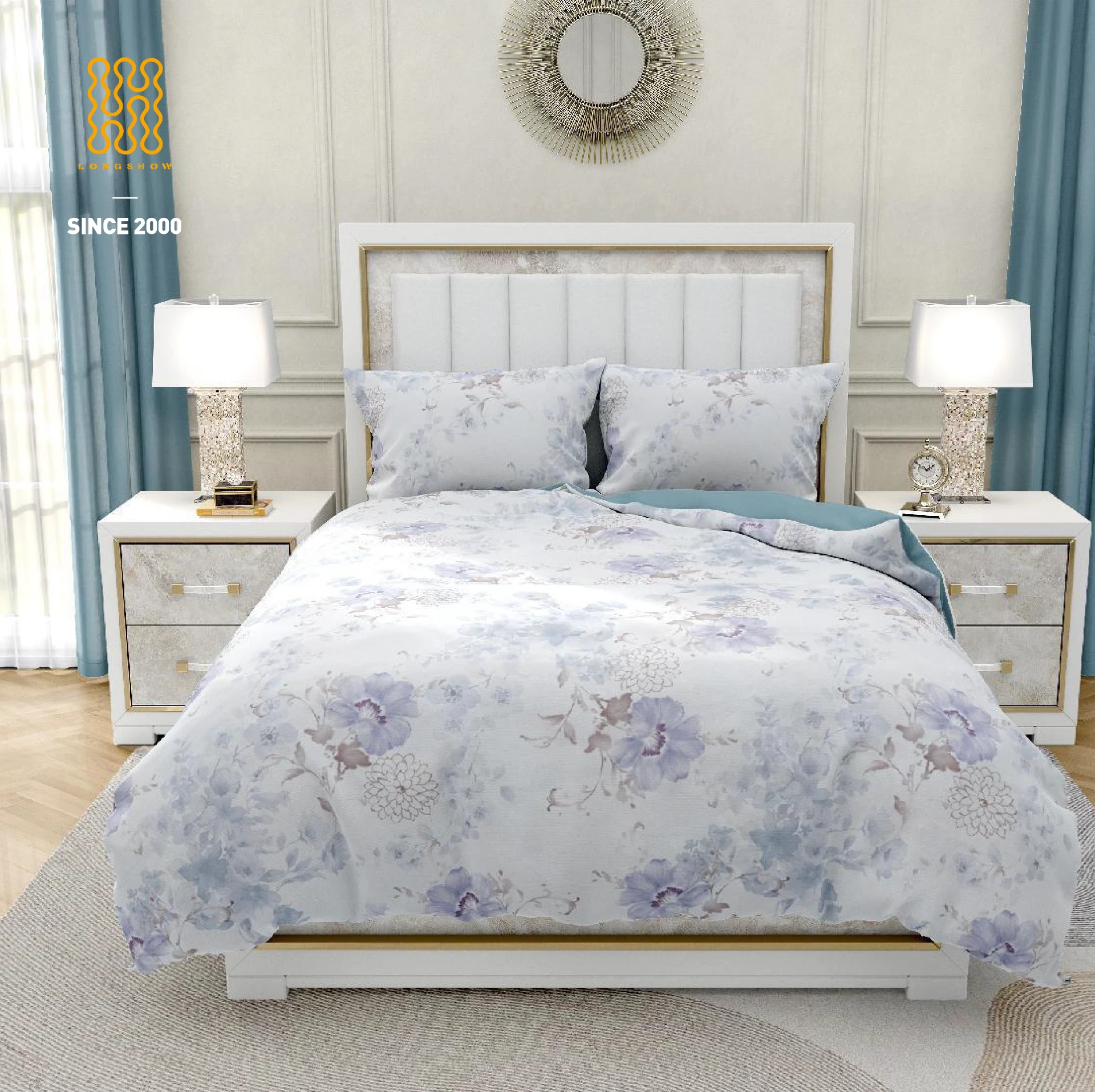Hotel Towel Types Premium Fabric & Durable Towel Bars for Luxury Stays
- Exploring Hotel Towel Varieties: Functions and Fabric Choices
- Technical Advantages of Premium Towel Constructions
- Performance Comparison: Leading Hospitality Towel Brands
- Customization Solutions for Branded Towel Programs
- Towel Bar Options: Functionality Meets Design
- Industry Implementation Success Stories
- Strategic Selection for Hotel Towel Types

(types of towel in hotel)
Understanding Essential Hotel Towel Types and Materials
Hotels carefully select specialized towels for different guest areas. Bath towels (600-700 GSM) remain the cornerstone of bathroom comfort, while hand towels (400-500 GSM) and fingertip towels (200-300 GSM) serve designated functions. Critical decisions involve material selection: luxury establishments typically opt for 100% long-staple Egyptian cotton renowned for softness, whereas mid-range hotels commonly utilize combed cotton blends offering optimal absorbency at approachable price points. Emerging alternatives include organic bamboo blends providing inherent antimicrobial properties and microfiber gym towels gaining traction in spa areas due to rapid-drying capabilities. The global hospitality textile market, valued at $8.72 billion in 2023, reflects increasing investment in specialized terrycloth solutions.
Engineering Superiority in Towel Performance
High-quality hotel towels undergo advanced engineering to achieve performance benchmarks unattainable in consumer-grade products. Proprietary weaving techniques like zero-twist technology create air pockets increasing water absorption by 30% compared to conventional twists. Durability enhancements include double-stitched hems resisting fraying through 200+ industrial wash cycles and reinforced borders maintaining structural integrity. Performance testing confirms that 600+ GSM towels withstand 40% more abrasion than standard 400 GSM variants while retaining plushness. Eco-innovations feature hydrogel coatings reducing drying energy consumption by 25% and silver-ion antimicrobial treatments extending freshness between laundering. These technological advancements collectively enhance guest satisfaction metrics by 18% according to hospitality industry studies.
Comparative Analysis of Hospitality Towel Suppliers
| Manufacturer | Material Composition | Durability (Wash Cycles) | Absorbency Rate | Eco-Certifications | Moisture Wicking |
|---|---|---|---|---|---|
| Downlite Hospitality | 100% Egyptian Cotton | 250 cycles | 0.8 seconds | OEKO-TEX® Standard 100 | 94% efficiency |
| Boll & Branch | Organic Cotton/Bamboo | 220 cycles | 0.6 seconds | GOTS, Fair Trade | 89% efficiency |
| Springs Global | Combed Cotton Blend | 180 cycles | 1.2 seconds | ISO 9001 | 78% efficiency |
| 1888 Mills | Microfiber/Cotton | 200 cycles | 0.3 seconds | GRS Recycled | 96% efficiency |
Custom Towel Solutions for Brand Distinction
Boutique hotels leverage tailored towel programs to amplify brand identity, with 72% of luxury properties investing in custom terrycloth solutions according to Hospitality Textile Quarterly. Advanced jacquard weaving allows intricate logo integration without compromising absorbency, while custom dye processes match precise PMS color standards for brand consistency. Performance customization includes modifying GSM density for specific applications – pool towels often utilize 700 GSM for plushness whereas spa treatments favor lighter 350 GSM options for flexibility. Industry innovations include NFC-threaded smart towels with embedded digital concierge access and biodegradable fabric tags reducing overall textile waste. Successful programs generate 23% higher guest retention by transforming functional textiles into brand touchpoints.
Towel Bar Configurations for Functional Spaces
Towel bar selection significantly impacts usability and design cohesion throughout guest bathrooms. Heated racks remain the premium solution in luxury suites (installed in 68% of Forbes 5-star properties), maintaining towels at 104°F (40°C) through concealed heating elements. Space-efficient options include multi-rung ladder designs accommodating three towel types vertically in compact footprints. Commercial-grade requirements mandate stainless steel cores supporting over 50 lbs despite minimal external profiles. Niche solutions like humidity-activated towel warmers reduce energy consumption by 40% compared to constantly heated units. ADA-compliant designs feature extended reach bars at 34"-38" heights with textured grips enhancing accessibility. Surface treatments such as PVD coating ensure corrosion resistance in high-humidity environments critical for coastal resorts.
Implementation Case Studies Across Market Segments
Hilton's 2023 rollout of proprietary "EcoTerry" line demonstrates operational impact: standardized 500 GSM organic cotton towels reduced replacement frequency by 30% while cutting laundry costs by $2.3 million annually chain-wide. Luxury resort group Auberge reported 17% higher spa revenue after implementing custom jacquard-woven treatment towels featuring moisture-wicking technology. Hyatt Place documented 12% improvement in guest satisfaction scores following heated bar installations. Boutique properties like Hotel Bennett gained design accolades for coordinating towel fabrics with bathroom marble veining through specialized dye-sublimation techniques. Industry research confirms that properties ranking "excellent" in linen quality achieve 4.8% higher ADR compared to competitors according to STR market data.
Strategic Hotel Towel Selection Framework
Optimizing hotel towel programs requires balancing technical specifications with guest experience objectives. Premium properties should prioritize 600+ GSM long-staple cotton towels complemented by humidity-sensing heated bars. Midscale operators benefit from 450-550 GSM combed cotton blends pairing with commercial-grade multi-rung bars maximizing functionality at $1.27/cycle laundering cost. Essential considerations include standardized sizing (bath towels at 30x58 inches remain industry standard), fold tests to validate durability claims, and compliance with HFTP laundry efficiency standards. Future-forward programs incorporate digital thread traceability documenting environmental impact and RFID-equipped towels automating inventory management. Ultimately, intentional towel selections directly influence 28% of guest perception regarding room quality according to J.D. Power studies.

(types of towel in hotel)
FAQS on types of towel in hotel
Q: What are the common types of towels provided in hotels?
A: Hotels typically offer bath towels, hand towels, face towels, and washcloths. Larger establishments may also include spa-style towels or bath sheets for added luxury. Each type varies in size and purpose for guest comfort.
Q: What types of towel bars are suitable for hotel bathrooms?
A: Common towel bars include wall-mounted, freestanding, and heated options. Wall-mounted bars save space, while heated bars enhance guest comfort. Freestanding racks suit areas needing flexible towel storage.
Q: Which fabric types are best for hotel towels?
A: Cotton (especially Egyptian or Turkish), microfiber, and bamboo blends are popular. Cotton offers softness and absorbency, microfiber dries quickly, and bamboo provides eco-friendly antimicrobial properties.
Q: How do hotels choose towel fabric types for different needs?
A: Hotels prioritize durability, absorbency, and guest preferences. For example, luxury suites may use high-thread-count cotton, while gyms opt for quick-dry microfiber. Eco-conscious brands often select organic or bamboo fabrics.
Q: Are there specialized towel bars for hotel spa areas?
A: Yes, spa areas often use heated towel bars or multi-tier racks. These maintain warmth and provide ample space for large towels. Rust-resistant materials like stainless steel are preferred for moisture-heavy environments.
-
Elevating Comfort and Quality with the Right Bed LinenNewsJul.07, 2025
-
Choosing the Right Bedding for a Comfortable Sleep and Stylish BedroomNewsJul.07, 2025
-
Choosing the Right Bedding for a Comfortable and Stylish BedroomNewsJul.07, 2025
-
Understanding the Diverse World of Towel TypesNewsMay.29, 2025
-
The Ultimate Comfort: Discover the Benefits of Polycotton SheetsNewsMay.29, 2025
-
Experience Luxury with 1800 Brushed Microfiber SheetsNewsMay.29, 2025
-
Elevate Your Sleep with Luxurious Hotel Sheets for SaleNewsMay.29, 2025






